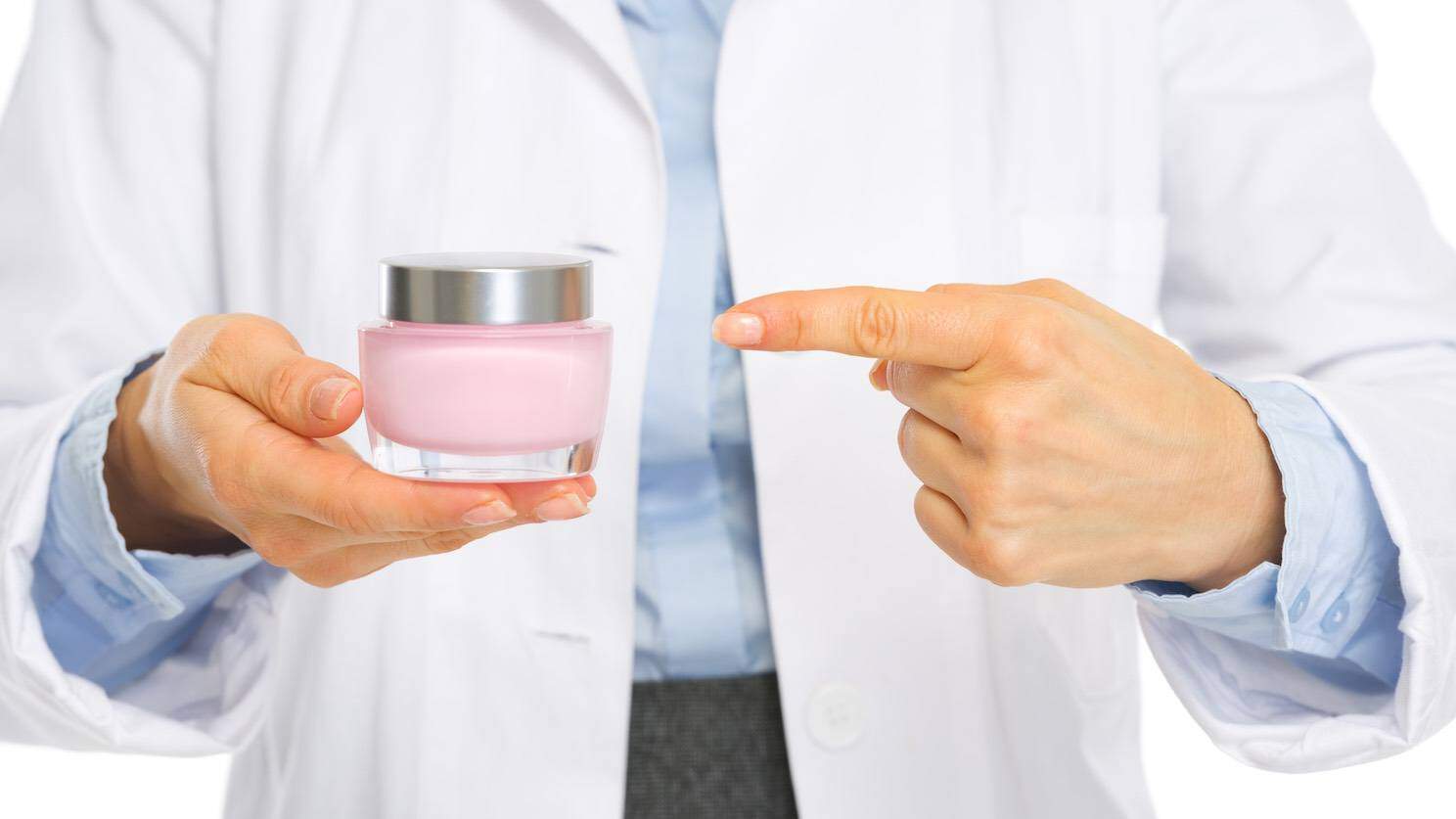You may think of us here at Costhetics as skin care experts, and we are. We’ve spent many years building our knowledge and expertise in health and beauty to help people like you sort out the facts from the fallacies regarding skin care treatments and procedures.
We’re more than skin care experts, however. We’re relentless investigators, working to uncover the latest information about topics that interest our site visitors.
One of the hot topics we’ve seen a lot of buzz about is Niacinamide, more commonly known as Vitamin B3.
What people are saying about niacinamide
Niacinamide, like the more familiar niacin, is a form of Vitamin B3. The mainstream medical community uses both niacin and niacinimide in the treatment of diabetes. Niacinamine is used to treat two skin conditions related to autoimmune disorders.
Niacinamide is also gaining a reputation for its effect on uneven skin tone and its ability to mitigate acne and the red marks it leaves behind. The medical term for this condition is post-inflammatory hyperpigmentation.
Dr. Matthew Draelos, a pioneer in the field of niacin application, says this:
“Niacinamide… has shown to be an effective skin-lightening agent, and, due to its anti-inflammatory properties, it is being tested as a possible treatment for acne and rosacea.”
Is Vitamin B3 truly valuable for skin care? Does topically applied Niacinamide treat acne and other skin problems? Do we know enough about how it works and how well it works to make it a viable part of skin care therapy?
For the answers, let’s examine the facts…
Niacinamide for Acne
Let’s start with acne. Can Vitamin B3 really help with pesky, recurring, skin-scarring blemishes? Perhaps. In an article on its website, acne.org reports,
“In one study testing topically applied 4% Niacinamide, it was shown to reduce acne symptoms as much as 1% clindamycin, a widely prescribed topical antibiotic.”
The article also cites another study where researchers applied 2% Niacinamide to Japanese and Caucasian subjects:
“At least some of the Japanese subjects experienced somewhat reduced skin oil production.”
Limited information on Niacinamide for skincare
Ask a search engine what Niacinamide can do for skin care, and you’ll find dozens of sites that sing its praises. What’s odd is that almost all these sites use the exact same language:
“Niacinamide increases ceramide and free fatty acid levels in the skin, prevents skin from losing water content, and stimulates microcirculation in the dermis”
Go to a source like the U.S. National Library of Medicine, and you’ll see that Niacinamide gets a “C” grade in terms of its effective in addressing skin conditions. A “C” grade is given when the evidence for or against a claim is not compelling.
“Niacinamide has been used in skin care products, including moisturizers, anti-aging products, and rosacea treatments. The benefits of Niacinamide in skin care need to be further studied before recommendations are made.”
Ask someone you trust
A world leader once said, “Trust, but verify.” We do that, and we encourage you to do the same. If you hear about an interesting procedure, make an Internet search your first move.
Compare the pros and cons of whatever you may be contemplating. We invite you to use our website and article library as a resource and starting point. And we urge you to develop a relationship of trust with a cosmetic skincare professional.
Shop around, so to speak, until you connect with someone who has unassailable credentials, relevant experience and a reputation for patient-centric care. Then talk openly and honestly with him or her about the procedures that will be most beneficial for you. Listen to the advice you’re given and make an informed decision.
That’s the way to ensure success with anything that has to do with your skin and body.
